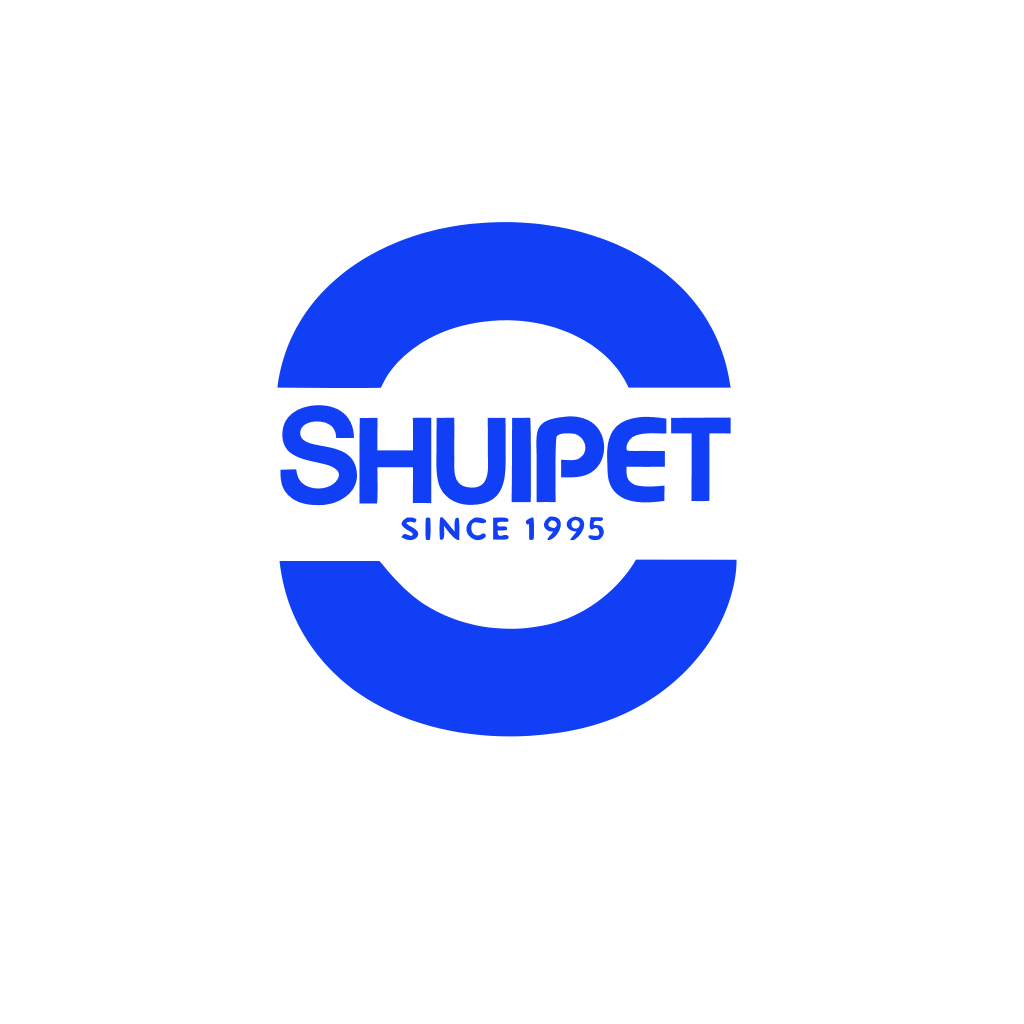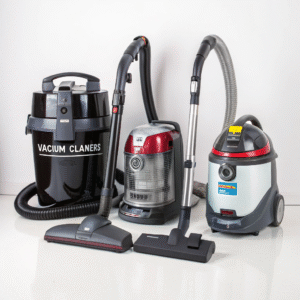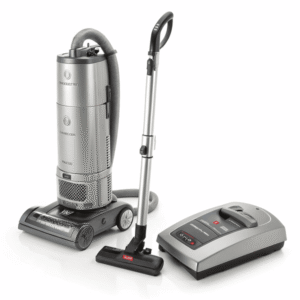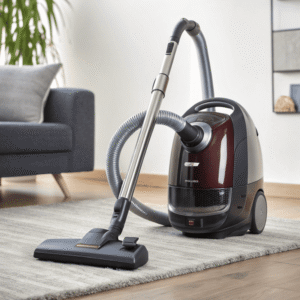Industrial Vacuum Cleaners?
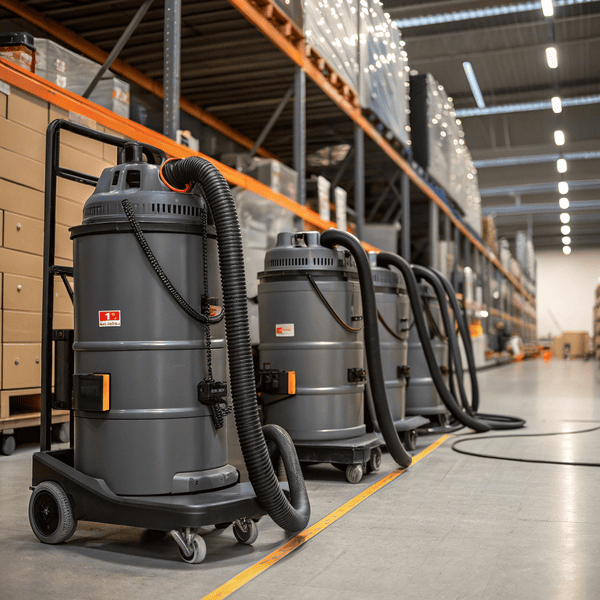
Most companies and workshops struggle to keep up with dust and debris using regular vacuums that don’t last or can’t handle tough messes. Upgrading often feels complicated and risky.
The bestThe best industrial vacuum cleaners are models built for heavy-duty use, with strong suction, large capacity, and enhanced durability. Leading choices include Nilfisk[^1], Kärcher IVR series, and the Pullman Ermator S13.
[^1]: Learn more about Nilfisk's industrial vacuum cleaners and their unique features that make them a leading choice.
are models built for heavy-duty use, with strong suction, large capacity, and enhanced durability. Leading choices include Nilfisk, Kärcher IVR series, and the Pullman Ermator S13.
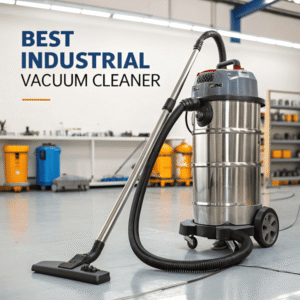
I remember trying to clean up concrete dust with a regular vacuum at the factory—within minutes, it overheated. We switched to a Nilfisk model designed for industrial projects. It made cleanup safe, quick, and far less frustrating. That experience convinced me that the right industrial vacuum can change everything.
What is the best industrial vacuum cleaner?
When the mess is more than dust bunnies, some machines simply can’t do the job. Reliability and power make all the difference on the factory floor.
The Nilfisk industrial vacuums rank highest for overall performance, filter quality, and durability. For hazardous dust, The Nilfisk industrial vacuums[^1] rank highest for overall performance, filter quality, and durability. For hazardous dust, Pullman Ermator S13 stands out. Kärcher IVR has the leading wet/dry models for industrial environments.
[^1]: Explore this link to understand why Nilfisk vacuums are top-rated for performance and durability.
S13 stands out. Kärcher IVR has the leading wet/dry models for industrial environments.

I learned from my factory manager that Nilfisk machines can run for hours without losing suction. They have strong motors, specialized filters for dangerous dust, and are built to survive hard knocks. When toxic dust or fine powder is an issue, Pullman Ermator S13 keeps the workspace safe with its unique filtration system. Kärcher IVR vacuums handle wet spills, oils, and large debris. I’ve seen these machines endure tough work cycles and come out ready for more.
Here’s a table comparing top models:
| Brand/Model | Suction Power | Filtration | Capacity | Special Use |
|---|---|---|---|---|
| Nilfisk | Very high | HEPA/Advanced | Large | General industrial |
| Kärcher IVR | Very high | Wet/dry | Large | Wet debris, oils |
| Pullman Ermator S13 | High | HEPA | Medium | Hazardous dust |
Choosing the right model saves time and avoids expensive repairs.
Are industrial vacuums worth it?
Companies often waste money replacing cheaper vacuums that break or struggle to clean up large messes. The cost of downtime stacks up quickly.
Industrial vacuum cleaners are worth the investment if you need Industrial vacuum cleaners[^1] are worth the investment if you need high suction, safe dust management, and long-term reliability for heavy-duty tasks. Initial costs are higher but savings grow with less maintenance and more uptime.
[^1]: Explore this link to understand how Industrial vacuum cleaners can enhance efficiency and safety in your workspace.
, safe dust management, and long-term reliability for heavy-duty tasks. Initial costs are higher but savings grow with less maintenance and more uptime.
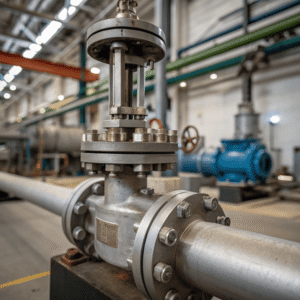
I’ve seen businesses hesitate over the price of an industrial vacuum. Many regret buying several weak machines over time instead of investing once in quality. For us, the Nilfisk cleaner lasted five years without a major repair. The maintenance schedule was simple, and filters were changed quarterly. We spent less time dealing with breakdowns and more time on real work. While high upfront costs can be intimidating, the payback is fast when you add up lower replacement rates, less service disruption, and cleaner workspaces. Stronger filtration even helped reduce sickness and allergen risks, which led to fewer complaints from contractors and workers.
Compare cost effectiveness:
| Factor | Regular Vacuum | Industrial Vacuum |
|---|---|---|
| Upfront Price | Low | High |
| Lifespan | Short/Medium | Long |
| Repairs | Frequent | Rare |
| Performance | Limited | Powerful |
| Health/Safety | Basic | Advanced |
An industrial vacuum pays off with safer, cleaner, and more efficient operations in places that really need it.
How do I choose an industrial vacuum cleaner?
Picking the wrong machine wastes money and time. Specific needs, space, and safety rules must be considered before purchasing.
Choose an industrial vacuum cleaner by matching its power, Choose an industrial vacuum cleaner[^1] by matching its power, filtration, and capacity to your workspace needs. Consider debris type, area size, wet vs. dry use, and compliance with health and safety regulations.
[^1]: Explore this link to find the best industrial vacuum cleaners tailored to your specific workspace requirements.
, and capacity to your workspace needs. Consider debris type, area size, wet vs. dry use, and compliance with health and safety regulations.
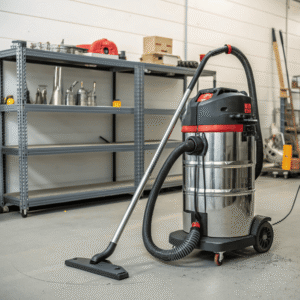
When I helped a manufacturing facility select an industrial vacuum, we listed every type of spill, dust, and debris. Fine powder needed HEPA filtration; chemical spills required a wet/dry model. We measured each area to pick the right capacity—too small meant frequent emptying; too large wasted space and money. Motor power mattered for heavy particles. We checked for models with easy-to-change filters and looked for certifications. Considering ease of movement, length of power cords, and simple controls made day-to-day cleaning smoother. It’s also important to consult with the teams that will use the machine so you can pick one that fits their workflow best.
Use the checklist below when making a decision:
| Consideration | Why It Matters |
|---|---|
| Debris Type | Right suction/filter |
| Workspace Size | Determines capacity needed |
| Wet/Dry Capability | For liquid or mixed messes |
| Filtration Level | Health, safety compliance |
| Ease of Maintenance | Saves time and repair costs |
| Mobility/Weight | User comfort and coverage |
Ask the cleaning staff for feedback and look into warranties to protect your investment.
Conclusion
Industrial vacuum cleaners deliver power, reliability, and safety for serious cleaning needs and are worth the investment when matched to the right workspace and job.
